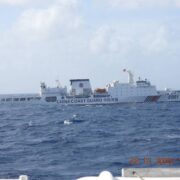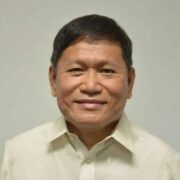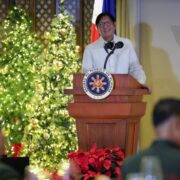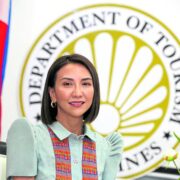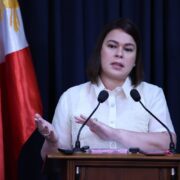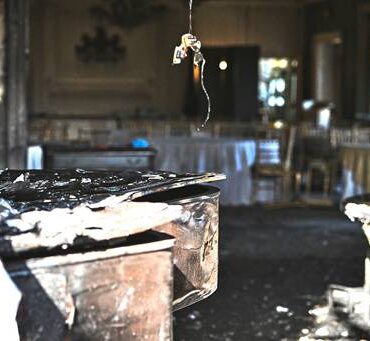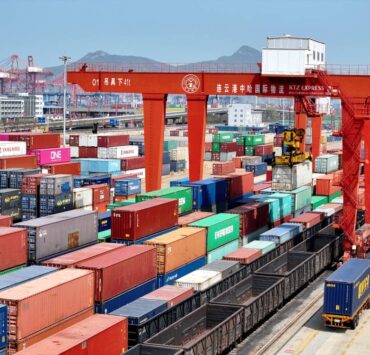Criminal trial of ousted president Yoon starts
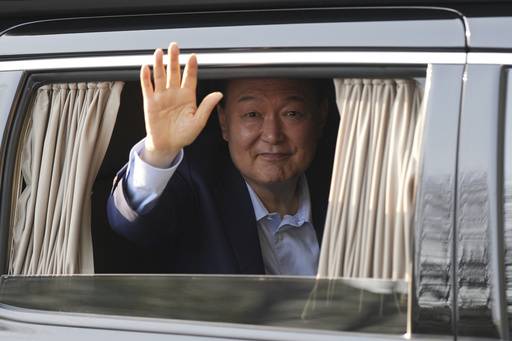
SEOUL—South Korea’s ousted leader Yoon Suk-yeol argued that his brief martial law declaration late last year was “not a coup d’etat” as he appeared in court on Monday for the start of a criminal trial over charges that he led an insurrection.
The martial law attempt, which lasted about six hours before Yoon backed down in the face of parliamentary opposition and public protests, plunged the country into months of turmoil and led to the Constitutional Court removing him from the presidency this month for violating constitutional powers.
After departing his house in a motorcade on Monday, Yoon, who has denied all charges against him, entered a courtroom at the Seoul Central District Court, wearing a dark navy suit and red tie.
At the start of proceedings, prosecutors presented their case by arguing Yoon lacked the legal grounds to declare martial law and accused him of trying to paralyze state institutions such as parliament.
“The defendant … made it impossible for constitutional institutions to exercise their authority based on an unlawful declaration,” the prosecution said.
Yoon, who was the country’s chief prosecutor before becoming president, spent about 40 minutes in the morning refuting the prosecution’s allegations.
‘Not a coup’
“Martial law is not a coup d’etat,” Yoon said, adding that he had no intention of paralyzing the country, but that martial law was needed to alert the people to how the majority opposition party was stonewalling government by impeaching more than 20 officials, including the Board of Audit and Inspection chief, which he saw as a dangerous threshold.
“This was a peaceful ‘message martial law’ to the nation … I knew this martial law would end within half-a-day, a day,” Yoon said.
‘Overstep’
Yoon said although he had communicated this intention to ex-defense Minister Kim Yong-hyun, military officials carrying out the order seemed to have overstepped it because they are used to training for martial law under different guidelines.
Two senior military officers are expected to take the witness stand in the afternoon.
One of them, Cho Sung-hyun from the army’s capital defense command, already testified at the Constitutional Court in February that he was ordered to send troops to “drag” lawmakers out of parliament during Yoon’s martial law order.
Yoon denied this allegation.
The martial law declaration, which cited the need to root out “antistate” elements, was lifted six hours later after parliamentary staffers used barricades and fire extinguishers to ward off special operations soldiers trying to enter parliament, where lawmakers voted to reject martial law.
The charge of insurrection faced by the impeached leader is punishable by life imprisonment or even death, although South Korea has not executed anyone in decades.
Reuters, the news and media division of Thomson Reuters, is the world’s largest multimedia news provider, reaching billions of people worldwide every day. Reuters provides business, financial, national and international news to professionals via desktop terminals, the world's media organizations, industry events and directly to consumers.






